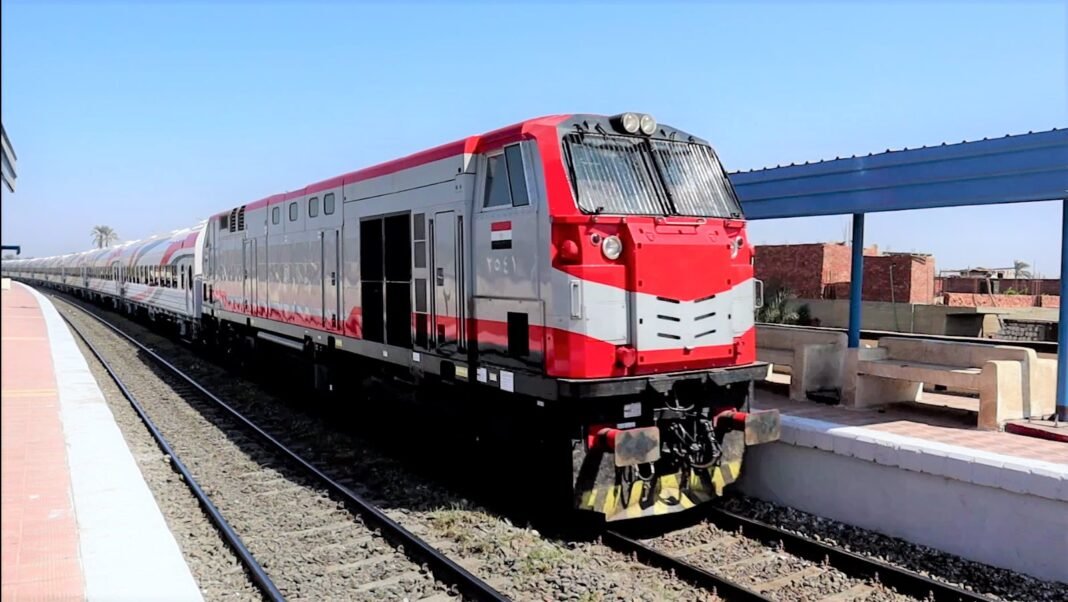The World Bank has approved $930 million in funding to modernize Iraq’s railway system. This major step supports Iraq railway modernization, aiming to improve trade, create jobs, and grow the economy beyond oil.
The Iraq Railways Extension and Modernization (IREM) Project will rebuild 1,047 kilometers of railway. The line runs from Umm Qasr Port in the south to Mosul in the north, passing through Baghdad. This upgrade will cut travel time, move more goods, and offer better public transport.
Iraq’s railways have suffered from years of neglect and underfunding. Trains often run slowly, delays are common, and freight capacity is limited. This project will address those problems by rebuilding tracks, upgrading trains, and improving safety.
A key part of the plan includes the revival of the Baiji maintenance facility. The project will also invite private companies to build dry ports and logistics centers. This move is expected to expand trade and lower transport costs.
The railway will play a key role in Iraq’s Development Road initiative. This broader strategy aims to make Iraq a trade link between the Gulf and Europe via Turkey. Modern trains will offer a faster and cheaper option compared to trucks. This shift could reduce road damage and cut transport maintenance costs.
Iraq’s railway modernization will create over 3,000 construction jobs during the building phase. By 2040, it could generate nearly 22,000 jobs annually in rail operations, logistics, and infrastructure support.Skilled workers across eight governorates will benefit from long-term employment.
An international company will assist with managing the project to ensure quality, speed, and training. This step will also help Iraq build local experience and improve future project management.
By 2037, the modern railway should carry over 6 million tons of goods and 3 million passengers each year. It will serve around 17 million people, linking cities and regions more effectively than before.
The project also supports climate-friendly goals by reducing the number of trucks on highways. Trains are more fuel-efficient and emit less pollution, making the plan both green and cost-effective.
Iraq railway modernization could help the country reduce its reliance on oil and improve its place in regional trade networks. With strong planning and execution, this upgrade may become one of the most important infrastructure shifts in Iraq’s recent history.


